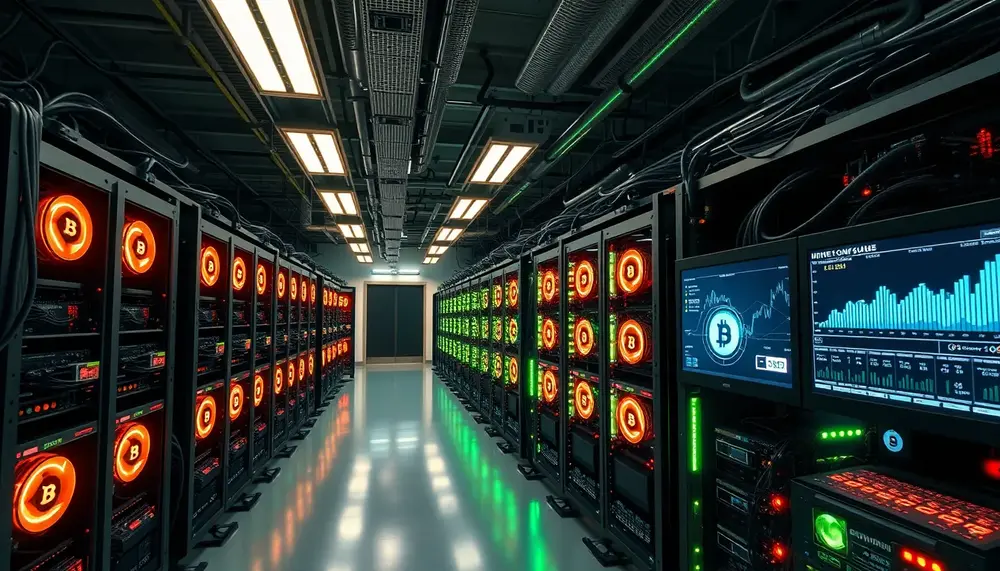Mining Decentralization
Mining Decentralization
What is Mining Decentralization?
In the broad context of Bitcoin mining, Mining Decentralization represents an essential principle. This term refers to the widespread and diverse dispersion of miners around the globe who perform the process of validating new transactions and recording them on the Bitcoin blockchain. This functionality is fundamental to the resilience and security of the Bitcoin network.
Why Does Decentralization Matter in Mining?
Decentralization is intrinsic to the original vision of cryptocurrency and is one of the most vital elements to ensure the security and trustworthiness of the Bitcoin network. The main rationale behind Mining Decentralization is to prevent any single entity from gaining control over the network, thus explicitly barring the risk of manipulation or unwanted changes to the blockchain.
How Does Mining Decentralization Work?
Mining Decentralization works as follows: All over the world, Bitcoin miners work simultaneously to solve complex mathematical problems – this means they compete to validate transactions first and add them to the blockchain. Whoever finds the solution first is rewarded with Bitcoins. The decentralized nature of these mining operations ensures that the Bitcoin network remains impartial and free from any potentially corrupting influences.
Challenges to Mining Decentralization
The standardization and commercial availability of specialized, high-capacity mining rigs have raised concerns around centralization in Bitcoin mining. This is because these powerful devices could give wealthier participants a disproportional influence over the network. However, the community continues to actively address such challenges and promote the Mining Decentralization ideology.
Decentralization: A Beacon of Democratic Mining
Colloquially dubbed as 'One CPU One Vote,' Mining Decentralization empowers every participant in the network to have a fair chance at mining Bitcoins, regardless of their resources. It keeps the structure democratic, ensuring the Bitcoin ethos of decentralization lives on and is not jeopardized.
Blog Posts with the term: Mining Decentralization

Kraken suspended Monero deposits after mining pool Qubic gained over 50% of the network's hash rate, raising security concerns and causing a 25% price drop....

